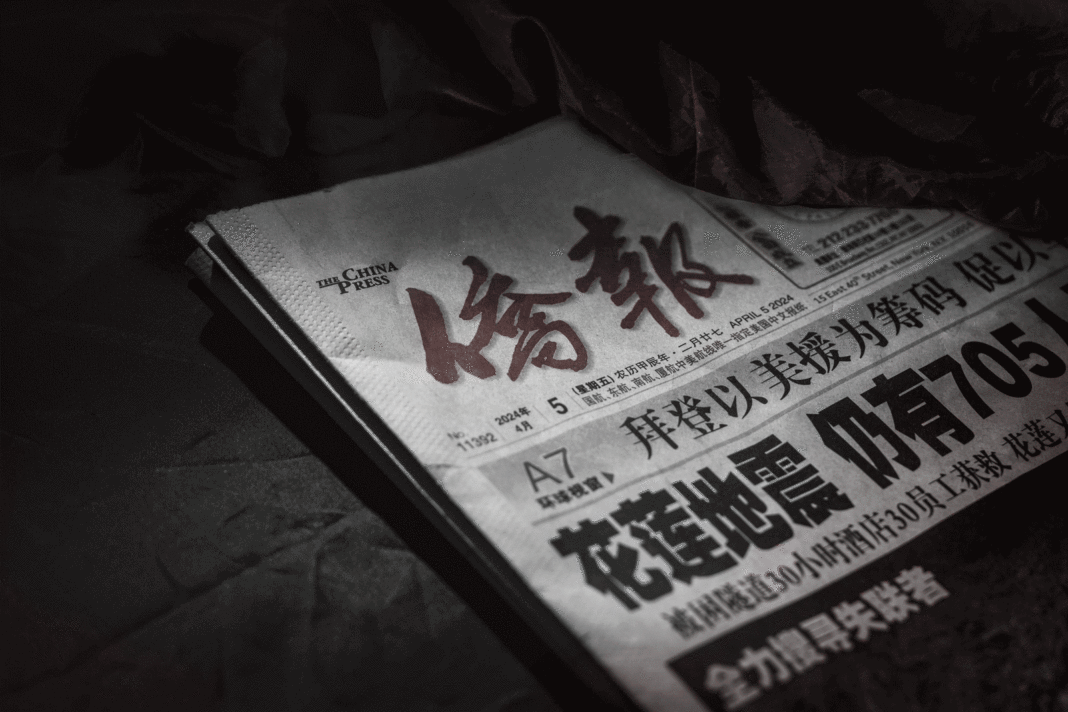The US-based newspaper targets Chinese immigrants with Chinese Communist Party propaganda.
On the heels of the 1989 bloodshed in Tiananmen Square, U.S.–China relations hit a low point. Official Chinese media outlets suffered such backlash in America that Beijing was burning to find alternative avenues to broadcast its narrative.
Then, in New York, China Press was born: a Chinese-language newspaper founded by the late Xie Yining, who made it the outlet’s mission to promote friendlier U.S.–China ties.
Mr. Xie had worked as a White House correspondent for China News Service, the second largest Chinese state news agency, which the United States in 2020 designated as a foreign mission.
China Press, which maintains an office in Beijing, rose as a valued asset for Beijing with its mainland China-focused coverage, at a time when “China’s voices had virtually no other outlet to spread overseas,” wrote You Jiang, the CEO of China Press, in a 2014 essay outlining the outlet’s expansion plans.
During its fledgling days, top communist leaders “frequently met” with its executives, granted the newspaper rare interviews, and gifted handwritten plaques as tokens of appreciation, gestures that “undoubtedly aided China Press in establishing itself as an authority on China news coverage,” Mr. You recounted. He described overseas Chinese media such as his as “a key supplementary part” of CCP overseas propaganda.
With such privileges, China Press thrived. By their own account, the regime’s “ever-growing global influence” and the “brisk expansion of mainland Chinese immigrants” made China Press the “fastest-developing Chinese language newspaper in America.”
The Chinese name for China Press, Qiaobao, translates to “Chinese diaspora newspaper.” CCP officials have described such overseas Chinese language media as one of “three treasures” used to further its control among the Chinese diaspora.
The word Qiao, or diaspora, is also a homophone for bridge, which the Overseas Chinese Affairs Office, the ministry-level department that directs Beijing’s covert global influence operation, invoked in the early 1990s as it looked for ways to reshape global discourse, according to a former press officer for the body.
“These ‘Qiao’ publications carry power that the ‘official army’ cannot wield,” the press officer recalled CCP officials saying. The officer told The Epoch Times that they were told they could “go global” by using the publications as a bridge.
China Press rose to the occasion.







